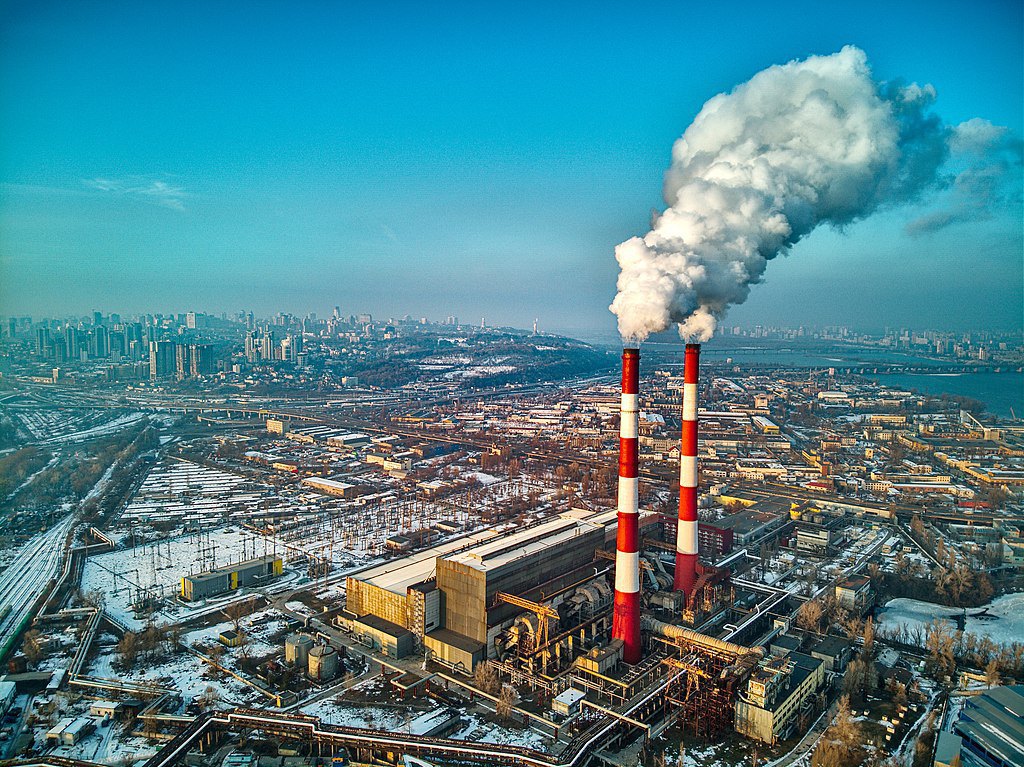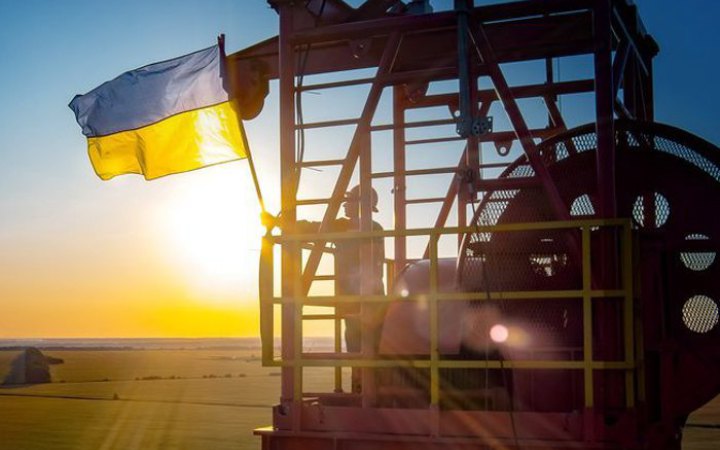Can we avoid raising tariffs for households?
A full-fledged energy market needs to start working in Ukraine. This is one of the main sectoral conditions for joining the European Union. Our power system will be connected to the EU grid starting from 2022. The same will happen with the market. But there are several problems.
The main one is that the Ukrainian government continues to influence tariffs. In particular, the cost of electricity and gas for households.
"A single regional market. It will take at least one to two years to achieve this. But the unification of the markets will mean that we will essentially have no specific operating conditions. That is, relatively speaking, market rules, price lists and other types of regulation will be the same as in neighbouring countries," said Volodymyr Kudrytskyy, Chairman of the Board of NPC Ukrenergo.
The electricity tariff was last changed in early summer. Now a kilowatt costs UAH 2.64. According to the National Energy and Utilities Regulatory Commission (NEURC), the real cost is twice as high - about UAH 6. And in this situation, the Ministry of Energy keeps repeating that there are no plans to raise the electricity tariff.
"The market should both dictate the price of electricity and stimulate certain sources and methods of generation. To do this, it is necessary to move away from manual regulation of the market and close gaps and holes in it by creating more and more new PSO mechanisms. The cost of electricity must be economically justified and communicated to society," says Natalya Lytvyn, project coordinator at NGO Ecoclub.

The European Commission has stated that government regulations on the protection of household gas and electricity consumers have affected the financial situation of state-owned energy companies that fulfil state obligations: Naftogaz, Energoatom and Ukrhydroenergo, had deteriorated, as tariffs for households were well below cost-covering levels.
The European Commission is not just asking for an increase in household tariffs. Rather, it calls for a change in the system of subsidies. They should become more targeted. The current situation is as follows: the government continues to extend the mechanism of imposing special obligations on state-owned energy companies (SOEs) from year to year. That is, they are simply forced to cover the difference in tariffs for the population. The amount is enormous - about UAH 125 billion annually.
"The concept of a vulnerable consumer should be clearly defined. And it is to them, not to all citizens, that subsidies and special obligations should be extended. If the income exceeds the criteria for access to subsidies, the consumer should not receive such a preference from the state," said Maryna Denysyuk, Senior Project Manager of the Recovery Unit of the Reforms Delivery Office of the Cabinet of Ministers of Ukraine.
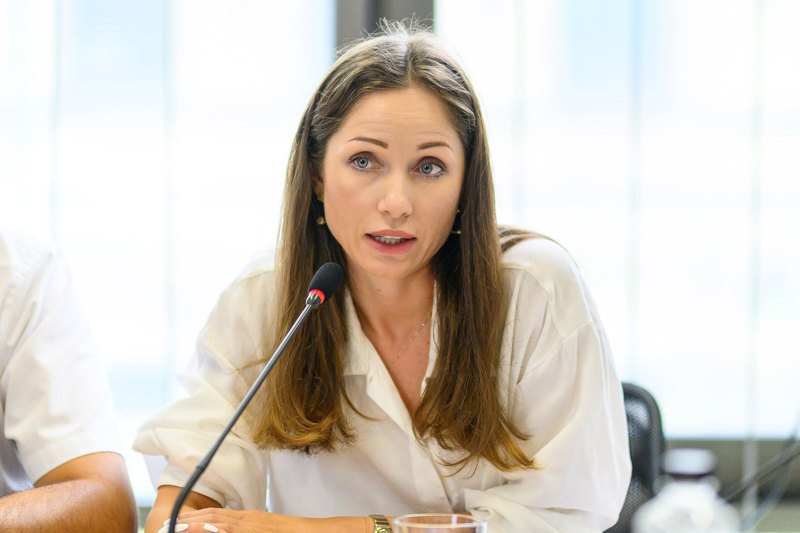
However, the full-fledged operation of the market is not only about tariffs for households. There is also the issue of monopolies in the industry, billions of dollars in debt and transparent rules of the game. Ukraine needs to show a clear plan on how it is going to act.
"The first key area is to increase competition in the wholesale energy markets. These are procedures that prevent price manipulation, manipulation of bids, which can have negative consequences for the end consumer.
It also includes a large number of technical issues, compliance of our transmission system operators Ukrenergo and GTS Operator with the EU standards. Another key issue is the security of electricity and gas supply. We are a country at war and face constant threats from the aggressor. It is not going away. We face an even greater challenge than our neighbours," stated Olha Babiy, a member of the NEURC.
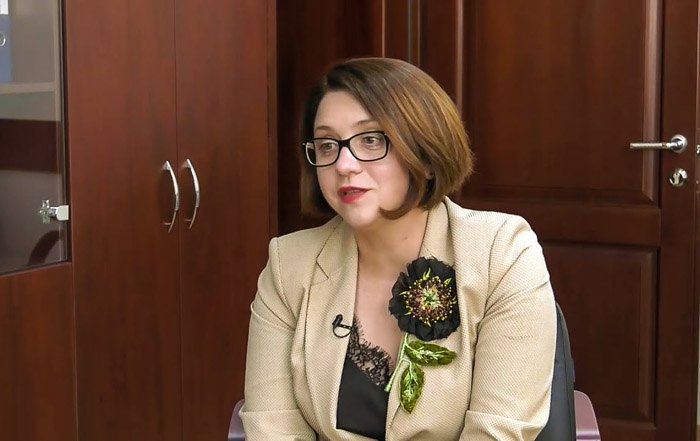
In the context of the gas industry, the European Commission noted: "Ukraine has a highly developed gas transmission system, which is also closely integrated into the European gas network." It added that our country continues to harmonise legislation, in particular, on the integrity and transparency of the wholesale energy market and the gas transmission system operator.
In December 2022, the Verkhovna Rada passed a law on the certification of gas storage facilities, and in April 2023, Ukrtransgaz was certified in accordance with EU requirements. Ukraine also participates in Aggregate EU, the EU's joint gas procurement platform. As part of this, Naftogaz has agreements with Hungary, Poland and Slovakia on guaranteed capacities for gas imports to Ukraine.
Independent industry regulator
In the summer, the National Energy and Utilities Regulatory Commission ruled that water tariffs in Ukraine should be changed. The increase is justified. There are several reasons for this: the cost of electricity, more expensive reagents, and the need to increase the salaries of water utility workers. It seemed like there was no problem. However, the Cabinet of Ministers and the President's Office opposed it. Despite the regulator's decision, the tariff increase was blocked. Of course, the European Commission could not fail to notice this situation.
"Regulator independence is a critical issue that we have been talking about for a long time. And our international partners keep coming back to it. Does the NEURC have independence? In recent months, we have seen both actions and understanding from them that more can definitely be done in this area," explained Anton Antonenko, Vice President of the DiXi Group.
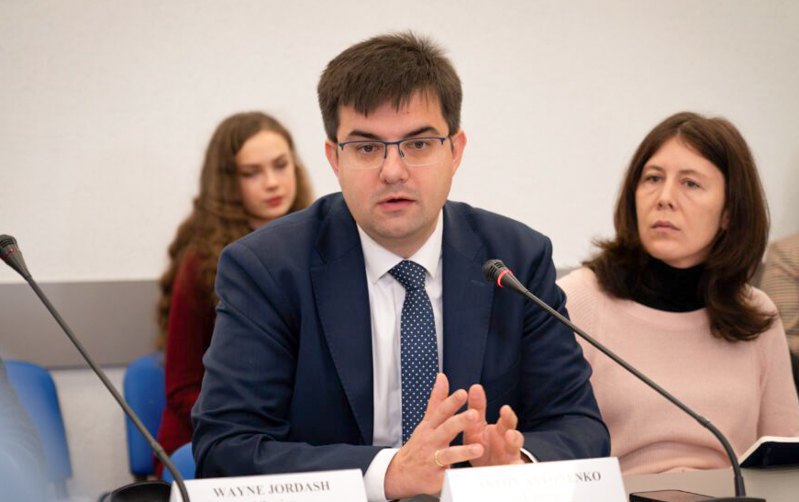
The issue of tariffs is only one of the many powers of the regulator. The NEURC is the arbiter of the market. And its decisions must be transparent and fair to all players. In a special report, the Secretariat of the European Energy Community explained how the EU sees the regulator's independence: the NEURC members should not expect or follow direct instructions from government officials. Decisions should be autonomous.
"I believe that we are fully independent in terms of how we make decisions and how they are implemented within the powers granted to us by law. As for the cases described in the Energy Community report, we can agree with some of them.
As for the fact that the Cabinet of Ministers made certain decisions at the beginning of the war and, in some cases, may have assumed the powers of a regulator, no country in the European Union has ever operated under martial law. And we should pay attention to this," said Olha Babiy, a member of the NEURC.
The European Commission assures that the NEURC's independence will help to attract investment. This money can be used both during the war and for recovery after the victory. By the way, the European Union is preparing a large programme of support for Ukraine.
"The draft Ukraine Facility programme envisages EUR 50 billion for Ukraine over 2024-2027, of which EUR 39 billion will be allocated to the state budget to strengthen macro-financial stability. The support will be provided on a quarterly basis for meeting the criteria for the implementation of the reforms set out in the Plan," the press service of the Cabinet of Ministers said.
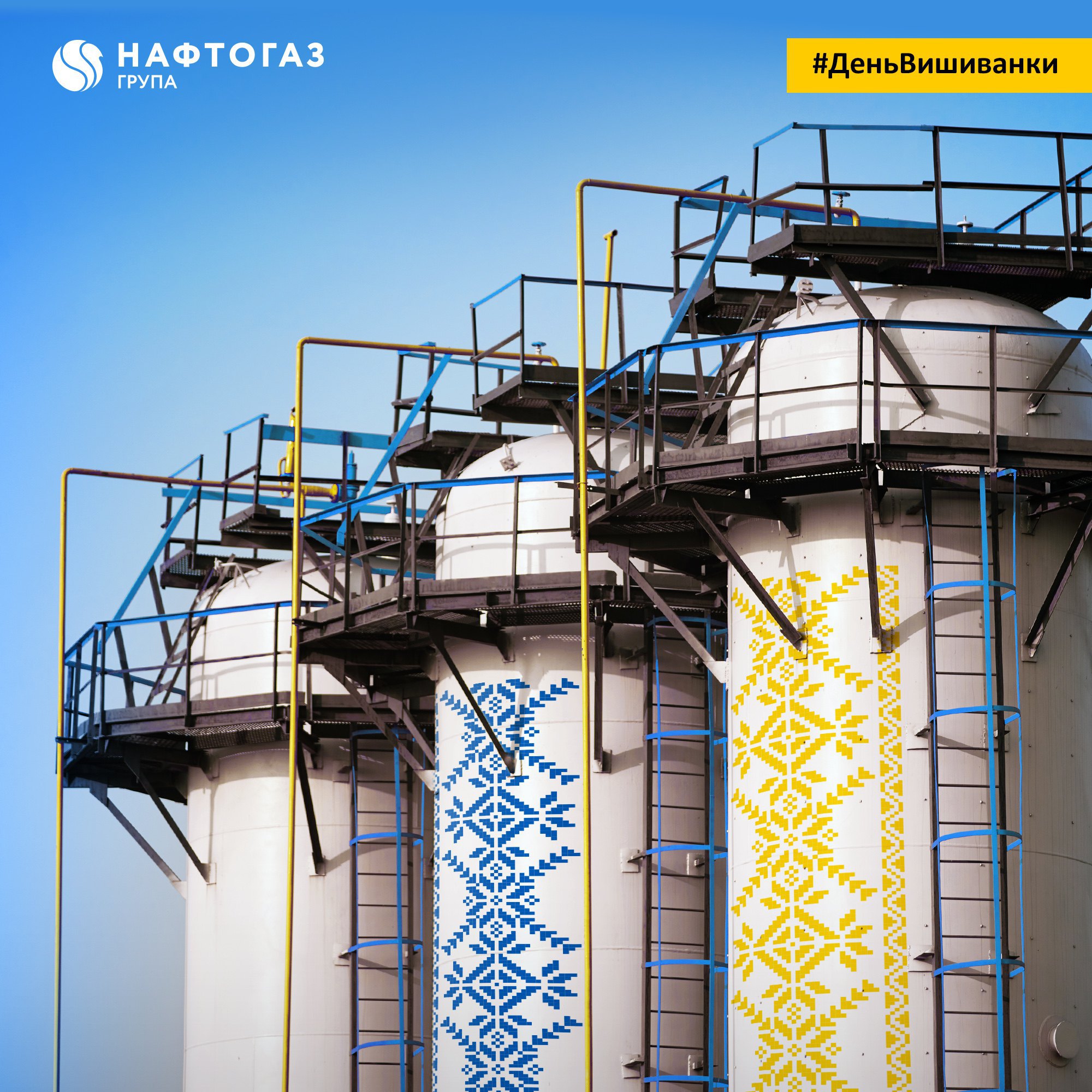
Greening the energy sector: it won't be easy
Abandoning fossil fuels is another important component of Ukraine's energy integration into the European Union. However, it is difficult for our country to stop using coal, gas or fuel oil. At least during the war. Thermal power plants that run on these fuels perform a crucial function for the energy system - manoeuvring. That is, they can increase or decrease electricity production in a short time. For example, the country needs more electricity in the morning and evening. It needs significantly less at night. Nuclear power does not work according to this principle. Its mode of operation is always stable. Hydropower is not as powerful. Solar stations are dependent on the weather, time of day or season.
"We often talk only about coal. But the green transition is not only about it. This is a red marker: that we need to abandon coal as the dirtiest fuel. As a transitional step, it can be small gas picks, generators, turbines. We are still at war, and we need constant power supply. When our ministry or government talks about decentralising energy systems, they mean small generating facilities in all regions of Ukraine. These allow us to have quick access to electricity under any conditions. Such a system should be remained in the future, it is just necessary to replace gas, for example, with biomethane or other types of biofuels," explained Maryna Denysiuk.
Ukraine promises to abandon coal at state-owned thermal power plants by 2035. Private energy companies have also pledged to do so, but by 2040. And since the start of the full-scale invasion, Russia has attacked all Ukrainian thermal power plants, the Energy Ministry said. Some thermal power plants have been occupied.
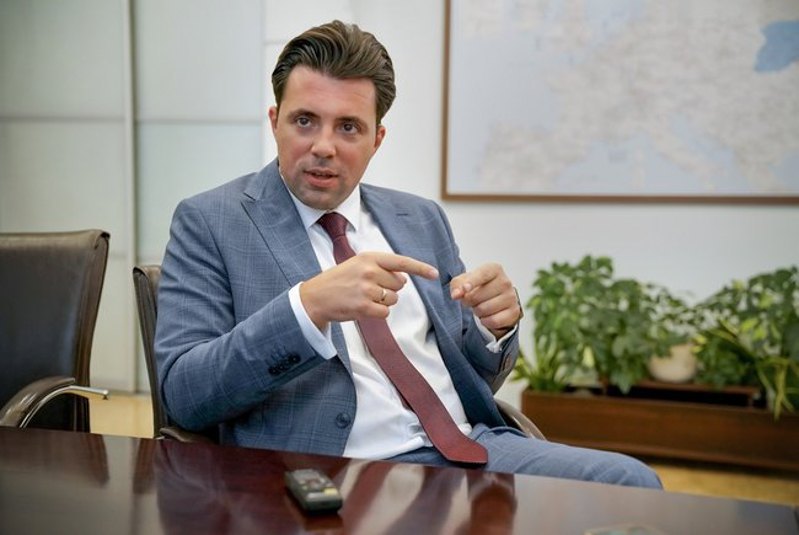
"The conditions are feasible to fulfil, it's a matter of timing if we are talking about greening the energy sector. Ukraine is a large European energy system. It can probably be the first to make the so-called green transition almost completely. We simply have serious competitive advantages for this. We have a large share of nuclear generation. And, in fact, all we need to do is replace outdated, mostly coal-fired and partially gas-fired thermal power plants. So this is just inevitable. The question is when we will recognise this reality," stated Volodymyr Kudrytskyy yesterday.
Does Ukraine meet the requirements?
In general, the list of energy conditions for joining the EU is quite extensive. We should not forget about energy efficiency. Ukraine needs to develop unified standards for buildings. It also needs to reform the district heating sector. And to write and approve a National Energy and Climate Plan. The energy sector is also inextricably linked to another sector - environmental protection.
Ukraine has already passed a preliminary assessment of its reform progress. In the summer, the EU released a report on the approximation of Ukrainian legislation to EU standards. The score in the energy sector was one of the highest: 4 points (out of 5). By the way, no other sector received the maximum score. As for the European Commission's autumn report, the assessment is more modest: some progress - there have been no significant changes over the year. However, for a country at war, whose energy sector the enemy has been trying to destroy for almost two years in a row, this is a remarkable achievement.
